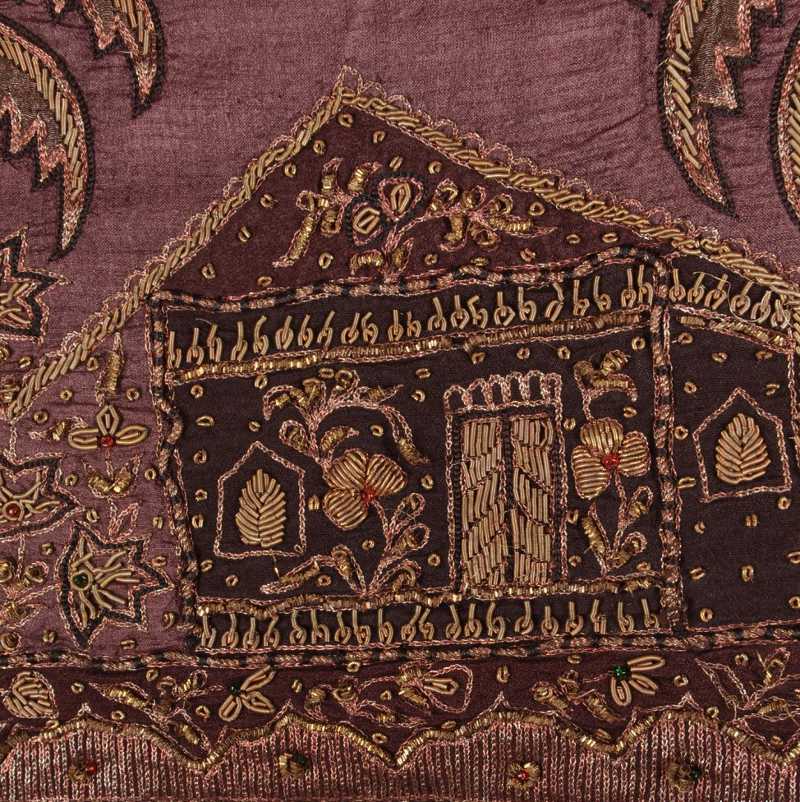===
0365,
9
===

=== |
 |
dunyā : 'The present world, the present life or state of existence; the people of this world, people; a whole world, a multitude'. (Platts p.529)
ʿuqbâ : 'End, conclusion, termination; last state; accomplishment; consequence, result, issue; the future state, the next world'. (Platts p.762)
makān : 'A place; station; situation; a habitation, dwelling, abode, house, home, room'. (Platts p.1057)
shuhrah-e ʿālam : 'Of world-wide celebrity, renowned'. (Platts p.738)
ʿālam : 'The world, the universe; men, people, creatures; regions; ... ;—age, period, time, season; state, condition, case, circumstances'. (Platts p.757)
FWP:
SETS == KIH; WORDPLAY
MOTIFS == HOME
NAMES
TERMSOne more possibility is that the addressee is 'Mir Sahib', but that the speaker is some friend or sympathizer who's trying to offer the distracted lover some consolation (if that's what it is)-- or at least some perspective on where his passion might be taking him.
The juxtaposition of dunyā (with its primary sense of this-worldliness) and ʿālam (with its extremely wide range of meanings) is also perfectly framed to force us into reflection (see the definitions above). If both 'places', this-world and the final-state, are 'of world-wide celebrity', does that mean their fame extends into both places, or simply exists in the 'world' as we know it? It depends of course on how we read the protean ʿālam . SRF seems to be sure that the relationship is reciprocal (thus his assertion that this world is famous in the final-state), but I don't see any grounds for such confidence.
It's also enjoyable that the lover doesn't seem very interested in any other qualities of either this world or the final state. It's almost as if he's looking for the right street address: it's either this house, or the one next door; these are the prominent ones on this street. The point is above all to meet her; where and when and how to meet her all feel like minor technicalities. Invoking the Lord as the ultimate authority is also piquant: he is being asked to preside over a state of affairs in which ultimately the lover can't fail to meet the beloved-- which, after all, from a Sufistic perspective, is no more than appropriate.